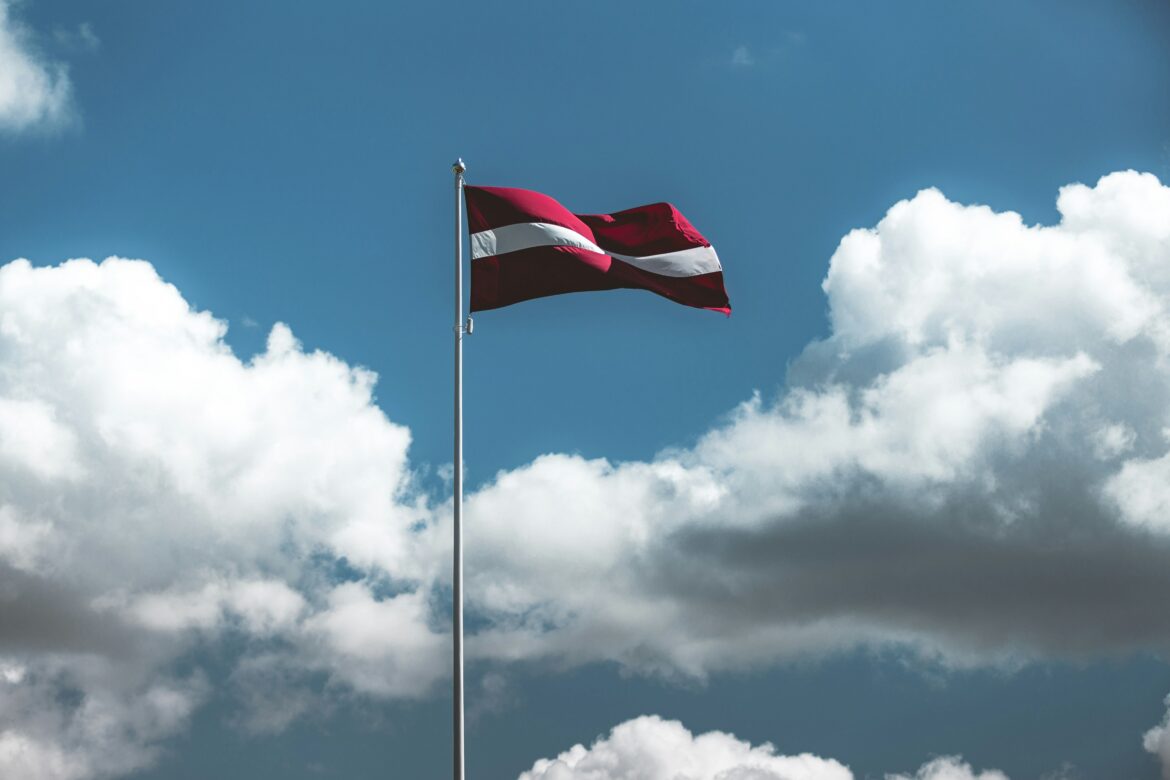Latvia, a charming country in Northern Europe, takes great pride in its language. The official language of Latvia is not just a communication tool but a symbol of national unity. While many Latvians also speak other languages, Latvian remains the primary language for daily life and public affairs. Visitors quickly notice that street signs, government documents, and public services use Latvian exclusively. This consistency reinforces a strong cultural identity. Moreover, learning a few Latvian phrases can help travelers connect better with locals. Understanding the official language of Latvia opens the door to exploring the country more deeply. So, let’s dive into this unique and historical language.
The Latvian Language: A Brief Introduction
The Latvian language, or latviešu valoda, belongs to the Baltic branch of the Indo-European language family. It is one of only two living Baltic languages, the other being Lithuanian. Latvian uses the Latin alphabet with some extra letters that reflect its special sounds. The language looks complex at first glance, but it follows logical grammar rules. It’s also highly phonetic, meaning what you see is usually what you say. This makes it more approachable for beginners. Every word carries a specific sound, and the stress usually falls on the first syllable. Overall, the official language of Latvia is both ancient and beautifully structured.
Key facts about Latvian:
-
Belongs to the Baltic branch of Indo-European languages
-
Uses Latin script with additional unique letters
-
One of only two remaining Baltic languages
-
Phonetic and logically structured
-
Stresses usually fall on the first syllable
Who Speaks Latvian in Latvia?
Over 1.5 million people speak Latvian as their native language, and it’s used across all regions of the country. Whether you visit cities, towns, or countryside, you will hear the language everywhere. Latvians use it in schools, media, workplaces, and family life. Children grow up speaking it naturally, and adults use it in both casual and formal settings. Government offices and public institutions all operate in Latvian. While tourists often rely on English, locals appreciate efforts to speak Latvian. It serves as a shared thread among people from different regions and backgrounds. Clearly, the official language of Latvia remains vibrant and widely spoken.
Latvian is used in:
-
Education (schools, universities)
-
Public services and administration
-
Newspapers, television, and online media
-
Workplaces and official communication
-
Everyday family life and community settings
Why the Latvian Language Matters
The official language of Latvia plays a powerful role in shaping the country’s identity. After gaining independence in 1991, Latvia made strong efforts to revive and protect its language. Promoting Latvian helped re-establish national pride and cultural heritage. Schools across the country began teaching entirely in Latvian, strengthening the language for future generations. Media channels, music, and literature all reflect the beauty and importance of Latvian. Festivals, traditions, and daily life revolve around using the language proudly. Speaking it represents respect for Latvia’s history and culture. Through language, Latvians stay connected to their land and their values in a meaningful way.
Interesting Facts About the Official Language of Latvia
Latvian is full of fascinating features that make it unique among European languages. It doesn’t use articles like “a” or “the,” which keeps its grammar compact and efficient. Every noun belongs to a specific gender, and adjectives must match in form and case. The language includes three main dialects: Livonian, Middle Latvian, and High Latvian. Despite regional differences, standard Latvian remains consistent nationwide. Vocabulary often comes from ancient roots, keeping the language tied to its history. Latvian also has more than 35 forms for some verbs depending on tense and person. Interestingly, there is even a special holiday dedicated to the Latvian language. These elements make the official language of Latvia a treasure for linguists and travelers alike.
Unique traits of Latvian:
-
No articles like “a” or “the”
-
Three main dialects
-
Over 35 verb forms for some verbs
-
Strong ancient roots in vocabulary
-
Dedicated language holiday celebrated annually
Latvian Alphabet and Pronunciation Guide
The Latvian alphabet consists of 33 letters and uses the Latin script with a few modifications. It includes special characters like Ā, Č, Ē, Ģ, Ī, Ķ, Ļ, Ņ, Š, Ū, and Ž, each representing unique sounds. These sounds make Latvian rich and melodic. The language has no silent letters, which means pronunciation is direct and reliable. Stress nearly always falls on the first syllable, creating a consistent rhythm. For example, the word “Latvija” is pronounced as LAT-vi-ya. Beginners find the structure predictable after just a few lessons. Once you learn the alphabet, reading and speaking Latvian becomes much easier. The official language of Latvia may challenge you at first, but it quickly rewards your efforts.
Tips for pronunciation:
-
No silent letters
-
First syllable usually carries the stress
-
Each letter has a clear, specific sound
-
Modified Latin letters represent unique phonetics
-
Consistent spelling rules
Tips for Learning the Official Language of Latvia
Start your Latvian journey with the alphabet—it lays the foundation for pronunciation and reading skills. Next, practice short, common phrases like greetings, directions, and basic questions. Use apps like Duolingo or online platforms that offer beginner courses. Listen to Latvian music or watch subtitled films to improve your understanding. Flashcards and spaced repetition help reinforce vocabulary. Don’t be afraid to speak—Latvians admire anyone who tries to use their language. If possible, join a Latvian language group online or in person. Make the process enjoyable by pairing language learning with cultural experiences. Learning the official language of Latvia can become a fun and meaningful adventure.
Helpful learning strategies:
-
Start with the alphabet and sounds
-
Practice common everyday phrases
-
Watch Latvian movies and shows
-
Use mobile apps and flashcards
-
Join online language communities
Extra Fun Facts About the Latvian Language:
-
Some Latvian words haven’t changed since ancient Indo-European times.
-
Dators is the word for “computer” in Latvian.
-
Latvian speeches on Independence Day are always in Latvian.
-
Many Latvian surnames end in -s, -a, or -is based on gender.
-
The longest Latvian word is pretpulksteņrādītājvirziens.
-
Letters like ļ, ņ, ž don’t exist in English.
-
Dainas use poetic versions of the language.
-
Children start learning grammar in kindergarten.
Latvian is more than just a language—it’s the heartbeat of a proud, independent nation. It reflects the history, values, and identity of the people who speak it daily. Whether you’re visiting, studying, or living in Latvia, knowing a bit of Latvian can go a long way. The official language of Latvia welcomes you into its traditions, stories, and way of life. With consistent effort and curiosity, you’ll discover a language that’s both ancient and alive. Speaking it allows you to engage more deeply with locals and understand their perspective. So why not start learning today and open a door to something truly special?

